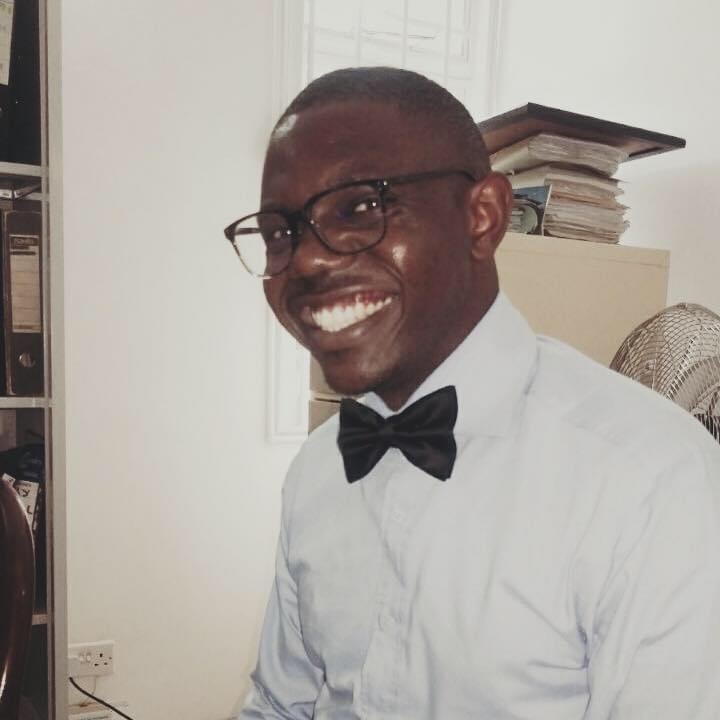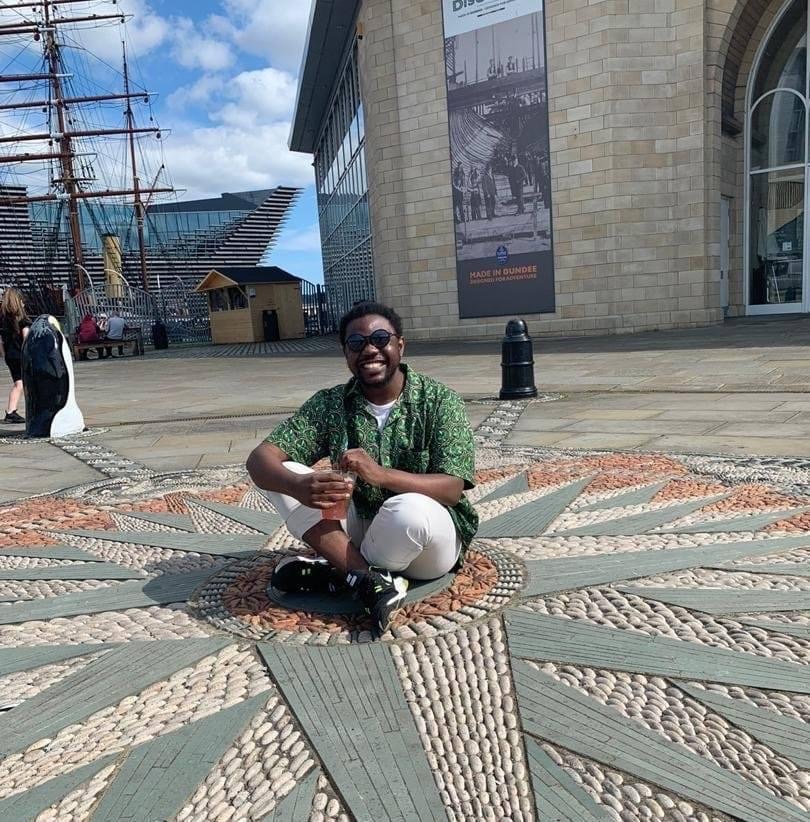The Makings of a Winning Scholarship Application

Dear Rookie Advocate,
It’s that wonderful time of year when the holidays approach and the Scholarship Boards begin to look mighty attractive. On the road to applying for further study, there arises the question:
WHAT MAKES A WINNING SCHOLARSHIP APPLICATION?
This is a deeply personal and at times technical question to answer. On the personal side, it can border on the “Why them and not me?!” if one has tried and failed to get scholarships in the past and seen others succeed. On the technical side, it’s about understanding what will meet the organizational goals of the Funder and selling oneself as an impactful investment that will pay dividends.
Yes, Yes but what do I do?!
An article about how to craft a successful application could be crafted with great ease. And wouldn’t be very long. It would go something like this:
Step One: Learn the school you want to attend and the program you wish to pursue – nothing impresses a panel like an Applicant that knows the where and why of their desired studies.
Step Two: Learn the requirements of the Scholarship and make them your own – the most logical approach starts with adopting topical global issues to your personal circumstances. It says a lot about the mind behind the words (in the essays) and what one will do in the world.
Two easy steps to the rest of your life. Good luck and God’s speed!
Sounds simple. And it really is. The problem: the road beyond those two steps is fraught with difficulty. An emotional Pandemonium ensues and I mean that in the manner of John Milton’s description in Paradise Lost.
Pandemonium, a word Milton introduced to the English language, means “the place of all demons.” (emphasis mine). In his epic poem, Milton presents the idea that a Pandemonium is a place of:
“….exhalation, with the sound of dulcet symphonies and voices sweet.”
But it is anything but sweet. Trust.
One must know that, at times, such is the road to getting a Scholarship at the level needed for international study. Regrettably: Kasaka kandalama, sika pezeka pa nyumba
While it is tempting to delve further into the ‘pandemonium’, it is necessary to give some practical insight into taking the plunge and just getting along with the application process.
Kicking stones and keeping one’s head down won’t get one’s name out into the world. Only courageous determination to get more knowledge (and yes, money!) will do that.
With that in mind, I wish to share my narrative and hope it will help the person starting their process and the person who, like me, failed along the way.
Six applications, two successes
For the opportunity to study abroad, I would make a total of six applications to four Scholarship Boards and succeed twice.
The first application was the Mandela-Rhodes Foundation. First attempt: first success. Hallelujah! Yes!

Being counted among Africa’s leading thinkers and future leaders did a lot to heal my wounds from the “Hell-L-B” and bagged me a shot at my coveted LLM. The LLM wasn’t a breeze but I had the confidence of my Funders as the wind beneath my wings. I returned to Zambia ready to change the world. (Oh, my naïveté).
After settling into my life as a Lecturer I was ready to leave the country again. So I searched for schools that fit my vision and began my hunt for a scholarship. It wasn’t working! Whatever I had tried before wasn’t working out. I crafted two applications for the Rhodes Scholarship. Both rejected.
I made Chevening Scholarship applications parallel to Rhodes. However, two years of internship after four part-time jobs didn’t quite meet the work experience needed. And when I finally met the requirement, I was interviewed only to be rejected. Again.
Again with the “Sorry to inform you”. Ouch!
What was I doing wrong? I honestly still wonder but I had celebrated enough previous recipients that I deeply believed I still had a chance.
Guardian Angels to my rescue
Along came the Commonwealth Scholars in my life. My angels came in the form of my father, a Scholar in his time, and a high school buddy; at that time one of only two actuaries I knew personally. Their personal testimony encouraged me to try again.
I had no way of knowing this sixth application would be the successful one I had waited three long years for. But it was!

Applying oneself beyond the award
Scholarship applications make one dream and promise big. Like real big! Easily the most ambitious promises I’ve made to myself have been on my applications. And I’ve made career leaps out of fulfilling them.
I promised to work at the World Bank on my first successful application. A year later, a World Bank project trained and worked me until Mineral Law is stitched within me for life!
My second successful application bears promises to come back from the UK to Zambia; work to be a thought leader researching the nexus between the minerals and energy sectors, and try to do all this while employed by a government institute. The nerve!
Trying and trying again: persistently outdoing oneself! I believe I am that which I persistently do. If I am to be excellent, it will be because I persisted in striving for it. Each personal promise requires ambitiously working so that the opportunity to prove oneself meets you prepared.
Trying over and over builds resilience and the words “You are not what we are looking for” lose their power over self-esteem. I took every “No”, and did not turn them into “Yes” but still got what I strived for because I persisted.
So take heart. Your application may have a “No” at the end but the “Yes” is closer now, than when you started reading.
Ta! (Sips chamomile tea)
Kangwa-Musole Chisanga III
Kangwa-Musole (or “KC” as he is affectionately known) has high hopes of being a “Happy Lawyer” when he grows up. His writing is meant to spread positivity and hope. He specialized in Mineral and Commercial Law before becoming an Advocate of the High Court. He serves as Lecturer in Law at the Ndola Campus of the National Institute of Public Administration (NIPA).